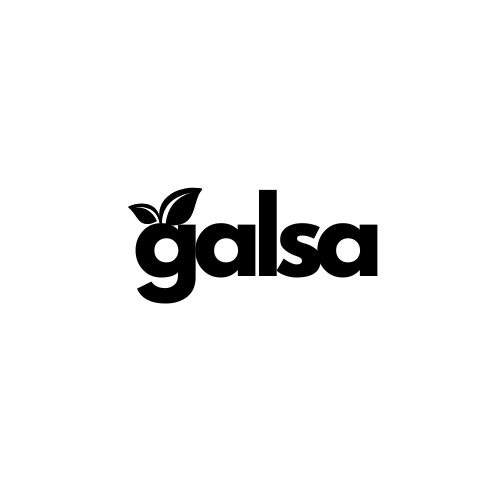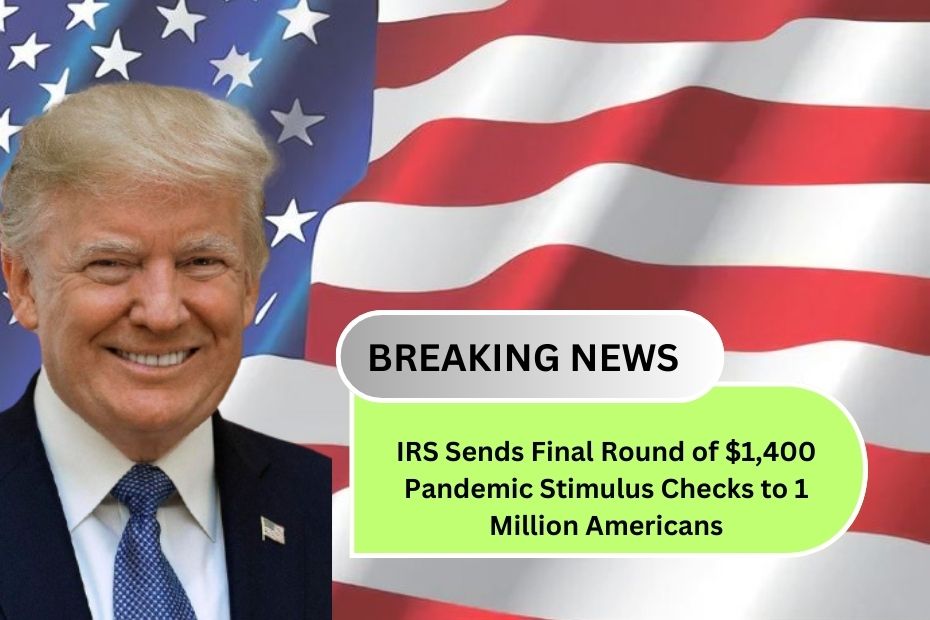In a recent announcement, the Internal Revenue Service (IRS) revealed that approximately 1 million US taxpayers will soon receive special $1,400 payments as part of the pandemic-era stimulus package. This move is intended to help those who missed out on previous Economic Impact Payments (EIPs), also known as Pandemic Stimulus Checks, which were distributed during the COVID-19 pandemic.
The IRS explained that these payments are a special measure after discovering that many eligible taxpayers had not received their due payments under the 2021 recovery rebate scheme. This is likely to be the final batch of pandemic stimulus checks.
Understanding the Stimulus Payments
The pandemic stimulus payments were introduced as part of a series of relief measures by the US government. Between 2020 and 2021, the government distributed three rounds of Economic Impact Payments to millions of Americans. These payments were designed to provide financial support during the economic challenges caused by the COVID-19 pandemic.
The total amount given out across these three rounds of payments was approximately $931 billion. The largest funding came through the Coronavirus Aid, Relief, and Economic Security (CARES) Act in 2020, which provided $1.8 trillion to help combat both the health crisis and its economic consequences.
Who Will Receive the $1,400 Payments?
The IRS has confirmed that the $1,400 payments will go to eligible taxpayers who missed one or more of the earlier stimulus checks. These payments will be sent automatically, with no action required from those receiving the funds. The checks will be delivered either by direct deposit or through paper checks, depending on the taxpayer’s prior information with the IRS.
The total amount of these payments is estimated to be around $2.4 billion. The IRS has already started processing the payments, and recipients should expect them by the end of this month or early January.
What Does This Mean for Taxpayers?
For many Americans, this final round of payments could provide some much-needed financial relief as they close out 2024. This payment could be particularly important for individuals or families who were missed in the earlier distributions. The government’s goal is to ensure that everyone who qualifies for stimulus assistance gets the support they need.
The IRS’s Efforts to Combat Fraud
While the final round of stimulus checks is rolling out, the government is also focusing on addressing fraud within the pandemic relief system. A recent report from the Justice Department’s Covid-19 Fraud Enforcement Task Force revealed that over 3,500 individuals have been charged with fraud for obtaining relief funds dishonestly. This included over $1.4 billion in seized or forfeited funds.
The IRS and other government agencies continue to monitor and prosecute those involved in fraudulent activities, ensuring that relief funds are used for their intended purposes. US Attorney General Merrick Garland has stressed that the investigation into fraud will continue, with efforts to recover stolen funds and hold offenders accountable.
Why Are These Payments Important?
These stimulus checks, although potentially the final installment, are still a vital form of assistance for many Americans. Since the pandemic, the financial struggles for many have continued, especially for individuals who faced unemployment or health-related challenges. These payments help bridge the gap and support families in need of financial stability.
For some, receiving this check could mean the difference between paying bills or buying essential items for their families. It’s part of the government’s broader effort to make sure that people don’t fall further behind as they recover from the impacts of COVID-19.
conclusion
The IRS’s latest step to distribute up to $1,400 in stimulus checks is a significant part of ongoing recovery efforts from the pandemic. While many Americans have already received their payments, this new round aims to ensure that those who missed out earlier are finally compensated. As the nation continues to heal from the pandemic’s economic effects, these payments represent a final push for financial assistance, ensuring that more people can recover and move forward.
Frequently Asked Questions (FAQ)
1. Who is eligible to receive the $1,400 stimulus payment?
Eligible taxpayers who missed one or more of the earlier Economic Impact Payments (EIPs) in 2021 will receive the $1,400 stimulus checks. The IRS is automatically sending these payments to those who qualify, without requiring any action from them.
2. How will I receive my $1,400 payment?
The $1,400 stimulus payment will be delivered either by direct deposit or a paper check, depending on the payment method used by the IRS for your previous payments. Payments are expected to arrive by the end of December or in early January.
3. Do I need to do anything to get my $1,400 payment?
No, there is no action required from eligible taxpayers to receive this payment. The IRS will automatically send the funds based on their records.

